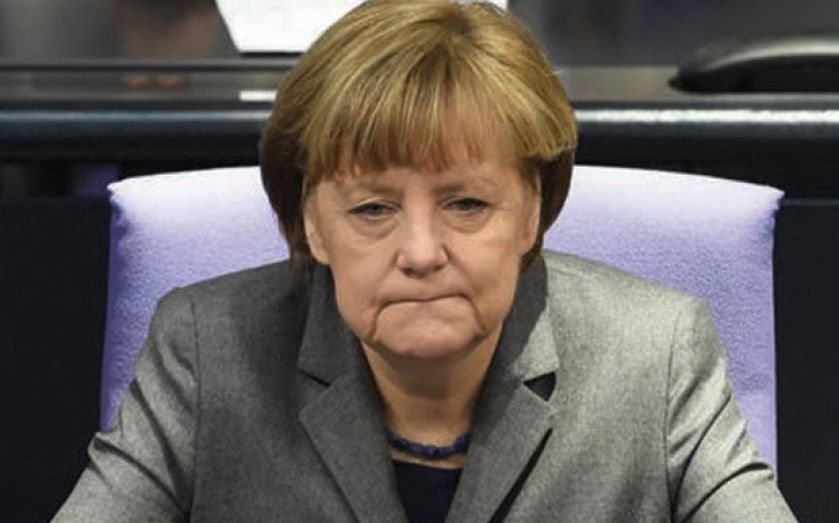German prices fall as money printing nears

GERMANY is set to become a major beneficiary of the Eurozone’s bond buying programme – set to start in March – according to a city consultancy.
Figures from Lombard Street Research (LSR) show that the country with the largest proportion of its bonds to be bought will be Germany.
If so, the purchases could come just as it starts to battle low rates of inflation, which fell into negative numbers this year, according to figures released yesterday.
Official figures estimate that prices in Germany fell by 0.5 per cent year-on-year in January. It is the first time inflation in Germany has been negative since 2009.
Despite Germany being set to be a major beneficiary of Eurozone quantitative easing (QE), LSR economist Richard Batley believes the programme may not be as effective as in the UK.
“A crucial factor determining the efficacy of a QE policy on the real economy is who is “taking the other side of the trade”? Is the central bank buying from the bank or the non-bank sector?” Batley said. “Buying bonds from the non-bank sector sidesteps the possible bottleneck of impaired bank balance sheets.”
LSR’s figures show that nearly 30 per cent of Eurozone government bonds are held by the banking system. In the UK in 2008 – just before the launch of QE, domestic banks held only four per cent of all UK bonds.